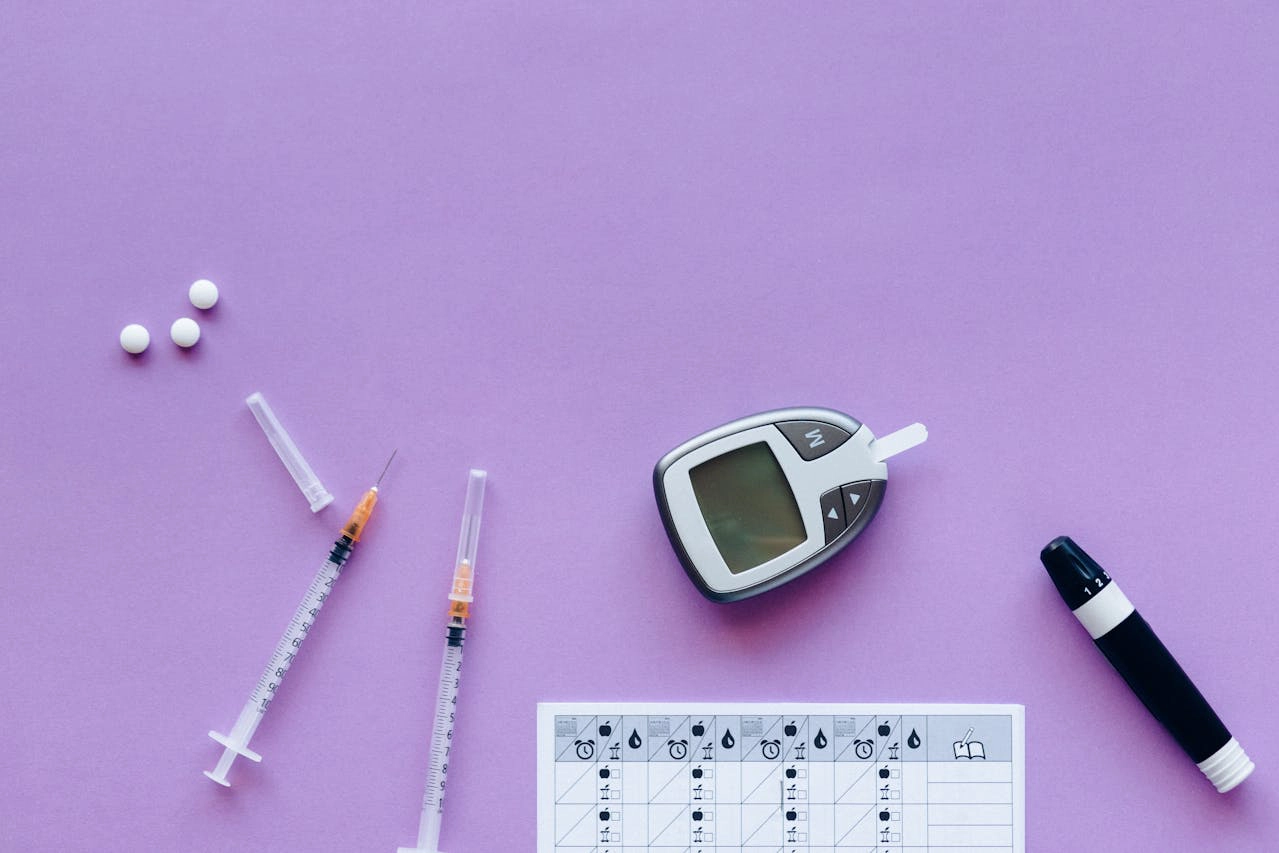
The Relationship Between Low-Carb Diets and Fasting: Impacts on Insulin and Cortisol
Hey there, health enthusiasts! 🌱 Are you ready to dive into the fascinating world of low-carb diets and fasting? We’re about to explore how these trendy nutritional strategies affect our bodies, particularly focusing on insulin and cortisol. Grab your avocado toast (or maybe skip it for now) and let’s get started!
The Basics: What are Low-Carb Diets and Fasting?
Low-Carb Diets: These diets restrict carbohydrates to encourage the body to burn fats for energy. Popular versions include the ketogenic diet, which reduces carb intake to as low as 20-50 grams per day.
Fasting: This involves voluntarily abstaining from food for specific periods. Intermittent fasting (IF) is a popular approach, with cycles of eating and fasting, such as the 16/8 method (16 hours of fasting, 8 hours of eating).
Insulin: The Blood Sugar Regulator
Insulin is a hormone produced by the pancreas that helps regulate blood sugar levels. When we eat carbohydrates, they’re broken down into glucose, causing blood sugar levels to rise. Insulin helps cells absorb this glucose for energy or storage.
Impact of Low-Carb Diets on Insulin:
-
Reduced Blood Sugar Levels: Low-carb diets can significantly lower blood sugar levels. By reducing carbohydrate intake, the body has less glucose to process, leading to lower insulin levels .
-
Improved Insulin Sensitivity: Low-carb diets may enhance insulin sensitivity, meaning the body becomes more efficient at using insulin. This is particularly beneficial for individuals with insulin resistance or type 2 diabetes .
Impact of Fasting on Insulin:
-
Lower Insulin Levels: During fasting periods, insulin levels drop because there is no intake of carbohydrates to trigger insulin release. This can improve insulin sensitivity over time .
-
Improved Metabolic Health: Intermittent fasting has been shown to lower fasting insulin levels and improve insulin sensitivity, potentially reducing the risk of type 2 diabetes .
Cortisol: The Stress Hormone
Cortisol is produced by the adrenal glands and is released in response to stress. It plays a role in various body functions, including metabolism and immune response. However, chronically high cortisol levels can lead to adverse health effects.
Impact of Low-Carb Diets on Cortisol:
-
Mixed Effects: The impact of low-carb diets on cortisol levels can vary. Some studies suggest that very low-carb diets might increase cortisol due to the stress of carbohydrate restriction .
-
Potential Benefits: Conversely, low-carb diets can stabilize blood sugar levels, which may help reduce cortisol spikes related to blood sugar imbalances .
Impact of Fasting on Cortisol:
-
Short-Term Increase: Fasting can cause a short-term increase in cortisol levels as the body adjusts to the lack of food intake. This is part of the body’s natural response to maintain energy balance .
-
Long-Term Adaptation: Over time, the body may adapt to fasting, and cortisol levels may normalize or even decrease. Some research suggests that intermittent fasting can lead to improved stress resilience and lower chronic cortisol levels .
Combining Low-Carb Diets and Fasting
When combining low-carb diets with fasting, individuals may experience amplified benefits, such as improved insulin sensitivity and metabolic health. However, it’s essential to listen to your body and ensure you’re getting adequate nutrients. Always consult with a healthcare provider before making significant changes to your diet or fasting routine.
Takeaway
Low-carb diets and fasting are powerful tools that can influence insulin and cortisol levels. By understanding these impacts, you can make informed decisions to optimize your health and wellness journey. Whether you’re aiming for better blood sugar control or stress management, these strategies offer promising potential.
Keep vibing, stay healthy, and remember: your journey is unique. Cheers to exploring the science behind what fuels you best! 🌟
References
- Samaha, F. F., et al. (2003). “A Low-Carbohydrate as Compared with a Low-Fat Diet in Severe Obesity.” The New England Journal of Medicine. Link
- Volek, J. S., & Phinney, S. D. (2012). “The Art and Science of Low Carbohydrate Living.” Beyond Obesity LLC.
- Feinman, R. D., et al. (2015). “Dietary carbohydrate restriction as the first approach in diabetes management: Critical review and evidence base.” Nutrition. Link
- Mattson, M. P., et al. (2018). “Impact of intermittent fasting on health and disease processes.” Ageing Research Reviews. Link
- Varady, K. A. (2011). “Intermittent versus daily calorie restriction: which diet regimen is more effective for weight loss?” Obesity Reviews. Link
- Gibson, A. A., et al. (2015). “Do ketogenic diets really suppress appetite? A systematic review and meta-analysis.” Obesity Reviews. Link
- Ludwig, D. S., & Ebbeling, C. B. (2018). “The Carbohydrate-Insulin Model of Obesity: Beyond ‘Calories In, Calories Out’.” JAMA Internal Medicine. Link
- Patterson, R. E., et al. (2015). “Metabolic effects of intermittent fasting.” Annual Review of Nutrition. Link
- Longo, V. D., & Mattson, M. P. (2014). “Fasting: Molecular Mechanisms and Clinical Applications.” Cell Metabolism. Link
Disclaimer:
This information is for informational purposes only and is not intended to be a substitute for professional medical advice. It’s important to consult with your doctor before starting any new diet, including keto, especially if you have any underlying health conditions.


